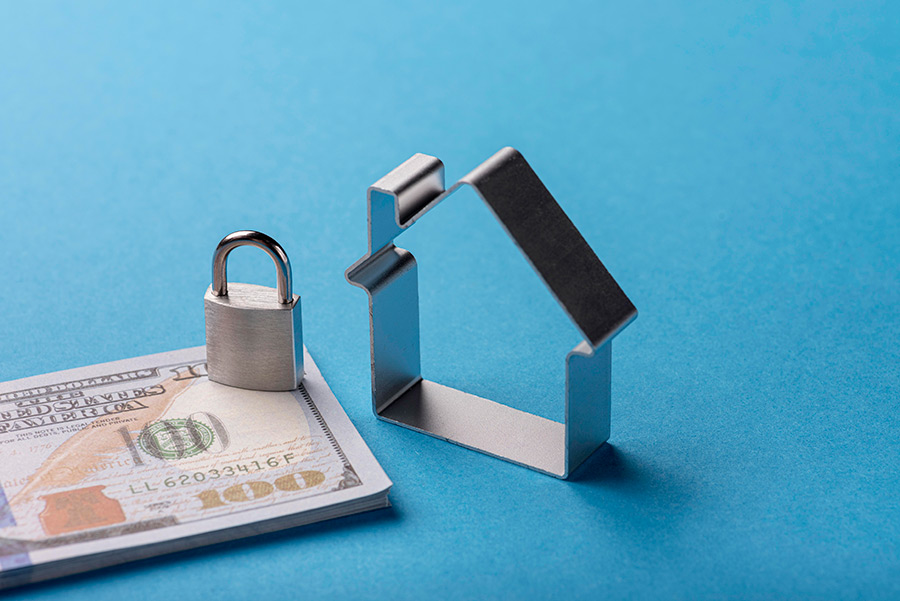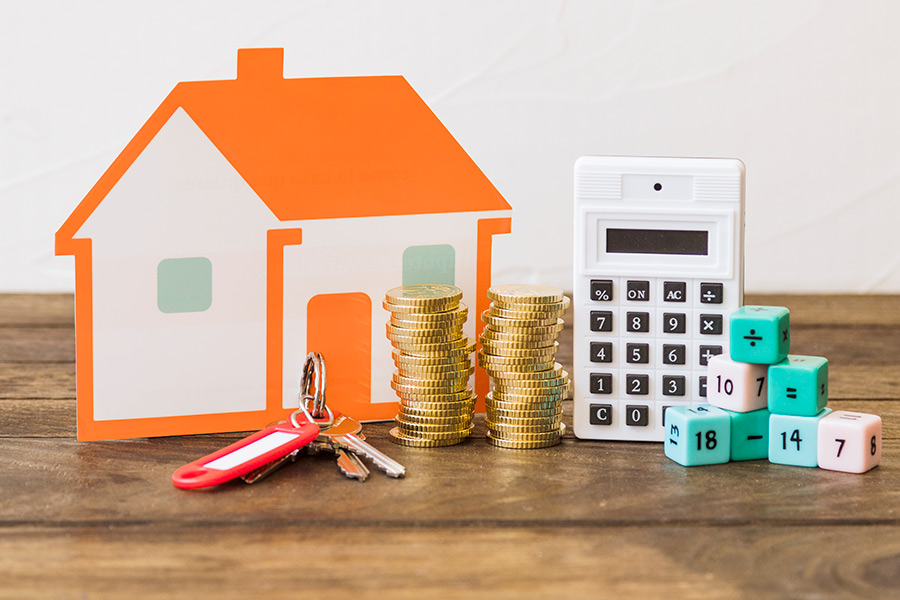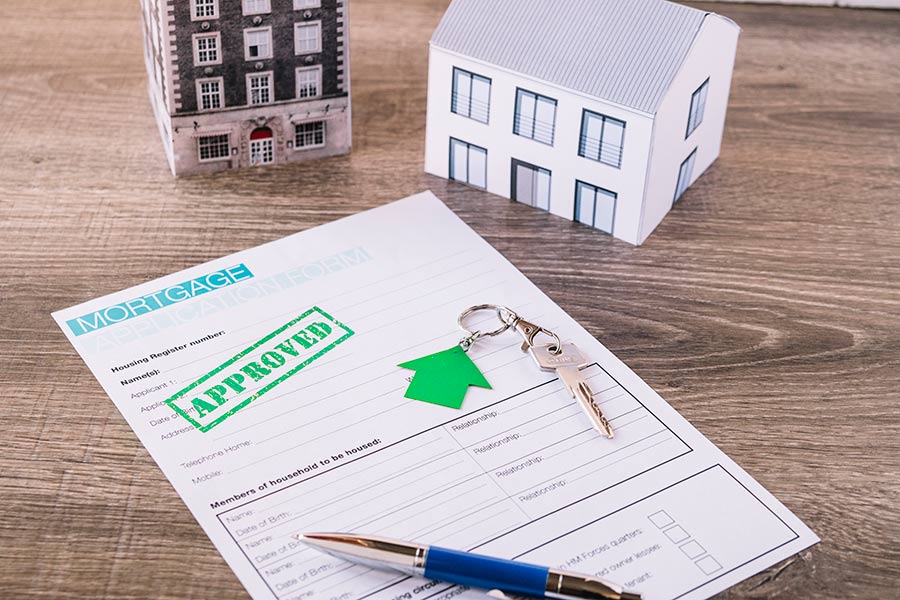
As a prospective homebuyer or homeowner, one of the most crucial decisions you will make is locking your mortgage rate. It is a decision that can have a significant impact on your finances for years to come. This decision is even more critical now as mortgage rates have been fluctuating in recent months due to several economic factors. With that being said, It’s worth exploring the pros and cons of locking your mortgage rate right now.
Pros of Locking Your Mortgage Rate
Protection from rate increases: One of the significant advantages of locking your mortgage rate is that it protects you from any future increases in interest rates. When you lock your rate, you are guaranteed that the interest rate you have agreed on will be the same throughout the loan term. This can give you peace of mind and help you budget accordingly.
Secure low-interest rates: Another benefit of locking your mortgage rate is that you can secure a low-interest rate. If you lock in a rate and rates go up in the future, you will still be paying the lower rate you locked in. This can save you a significant amount of money over the life of your mortgage.
More predictable monthly payments: With a locked-in rate, your monthly payments will be more predictable. This can help you plan your finances better, as you know exactly what you will be paying each month.
Faster closing: Locking in your mortgage rate can help speed up the closing process. When you lock in a rate, the lender can move forward with processing your loan, knowing that the interest rate is already set.
Cons of Locking Your Mortgage Rate
Miss out on lower rates: One of the most significant disadvantages of locking in your mortgage rate is that you may miss out on lower rates in the future. If interest rates drop after you lock in your rate, you will be stuck with the higher rate you locked in.
Lock-in fees: Some lenders charge lock-in fees, which can add to the overall cost of your mortgage. Before you lock in your rate, be sure to understand any fees associated with the process.
Time constraints: Locking in your mortgage rate typically comes with a time constraint. If you don’t close on your loan within the specified time frame, you may have to pay an extension fee or lose your locked-in rate altogether.
No flexibility: Once you lock in your rate, you lose flexibility in terms of negotiating a better rate or changing the terms of your loan. This can be a disadvantage if your financial situation changes in the future.
Locking in your mortgage rate can be a smart move, especially if you are worried about interest rates increasing in the future. However, it is important to consider the cons as well, such as missing out on lower rates or paying lock-in fees. Ultimately, the decision to lock in your mortgage rate depends on your financial situation and your long-term goals. Be sure to talk to your lender and financial advisor before making any decisions.




